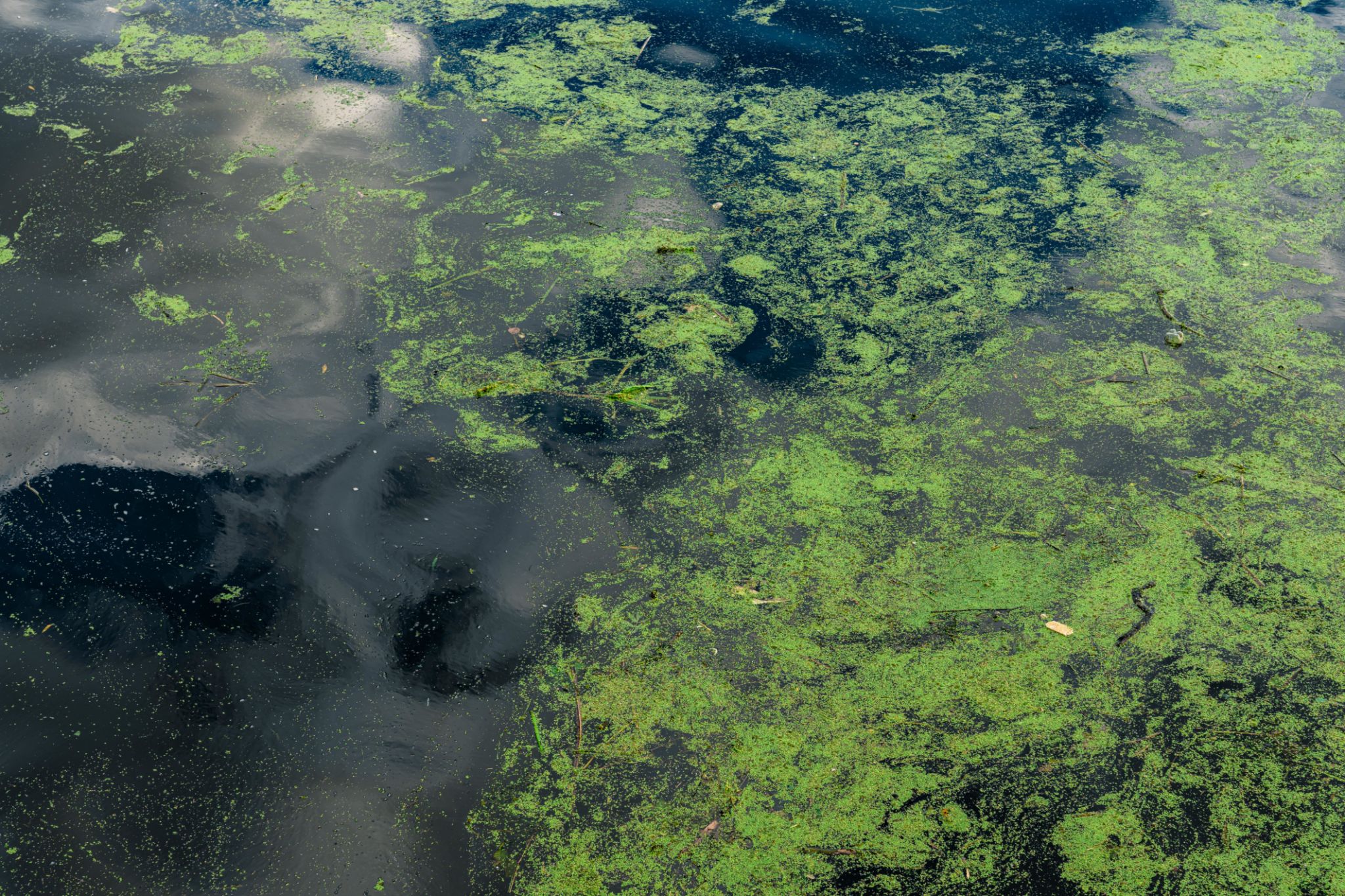Understanding the Environmental Impact of Road Construction in Macuata
KT
The Growing Need for Road Infrastructure
Macuata, like many other regions, is experiencing an increase in road construction projects. With its lush landscapes and growing population, the demand for improved infrastructure is undeniable. However, while roads are essential for economic growth and connectivity, understanding their environmental impact is crucial.
Road construction can lead to significant environmental challenges, ranging from habitat destruction to pollution. As these projects continue to expand, addressing their impact becomes vital to preserving Macuata’s natural beauty and ecological balance.

Environmental Challenges of Road Construction
Habitat Destruction
One of the primary concerns with road construction is the destruction of natural habitats. Many road projects in Macuata cut through forests, wetlands, and other valuable ecosystems. This not only displaces wildlife but also disrupts the complex interactions within these habitats.
For instance, when trees are removed to make way for roads, it leads to a loss of biodiversity and alters the local climate. This can result in long-term ecological consequences that affect both flora and fauna.
Water Pollution
Construction activities often involve the use of hazardous materials and heavy machinery. These can lead to runoff that contaminates local water bodies. Sediments, oils, and chemicals can enter rivers and streams, impacting aquatic life and human health.

Mitigating Environmental Impact
Adopting Sustainable Practices
To mitigate the environmental impact of road construction in Macuata, adopting sustainable practices is essential. This includes planning routes that minimize habitat disruption and using eco-friendly materials. Additionally, implementing erosion control measures can help prevent sedimentation in nearby water bodies.
Community involvement is also crucial. Engaging local stakeholders in planning and decision-making processes ensures that development meets both economic needs and environmental standards.
Utilizing Modern Technology
Technological advancements offer innovative solutions to reduce the ecological footprint of road projects. Using tools like GIS mapping and remote sensing can aid in designing roads that avoid sensitive areas. Moreover, employing machinery with low emissions can further minimize environmental harm.

The Role of Policy and Regulation
Strong policies and regulations are vital in guiding sustainable road construction. Governments and local authorities in Macuata must enforce strict environmental standards for all infrastructure projects. This includes conducting comprehensive Environmental Impact Assessments (EIAs) before any construction begins.
By adopting a proactive approach, Macuata can balance its infrastructural needs with environmental conservation, ensuring a sustainable future for its residents and natural landscapes.
